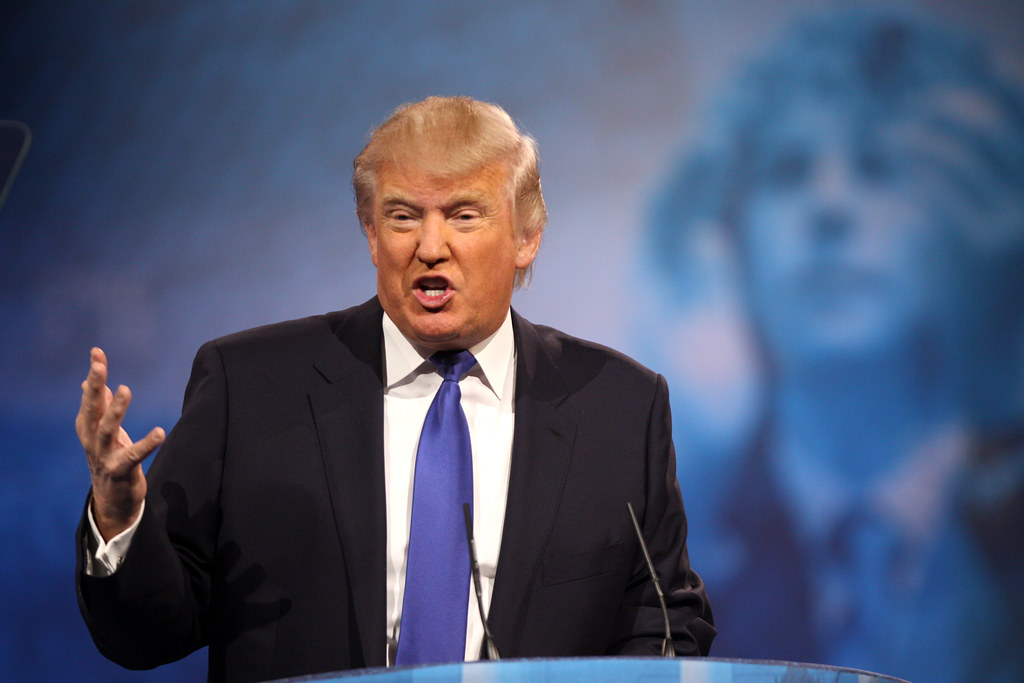The approval timeline for United States-based spot Ether exchange-traded funds (ETFs) hinges on how quickly issuers can address feedback from the Securities and Exchange Commission (SEC), according to SEC Chair Gary Gensler. His remarks suggest that the SEC will not unnecessarily delay the process, and the ball is now in the court of Ether ETF issuers.
SEC’s Position on Spot Ether ETFs
On May 23, the SEC gave the green light to eight 19b-4 filings, paving the way for spot Ether ETFs to be listed on various U.S. exchanges. However, these ETFs cannot commence trading until the required S-1 registration statements receive approval.
Gensler clarified the SEC’s stance in a June 6 Reuters report, emphasizing that the speed of approval largely depends on the issuers’ responsiveness:
“These registrants are self-motivated to be responsive to the comments they get, but it’s really up to them how responsive they are.”
This perspective casts a new light on Gensler’s earlier comments on CNBC, where he mentioned that the subsequent steps “would take some time.” This initially led to speculation that the SEC might prolong the approval process for the S-1 forms.
| Key Event | Details |
|---|---|
| SEC Approval Date | May 23, 2024 |
| Number of Filings Approved | Eight 19b-4 filings for spot Ether ETFs |
| Next Step for Trading | Approval of S-1 registration statements |
| Responsibility for Timing | Issuers’ responsiveness to SEC comments |
Industry Expectations and Timeline
Bloomberg ETF analyst Eric Balchunas had earlier suggested that the approval process could take weeks or even months, pinpointing the first week of July as a likely timeframe for the first ETF to launch. The SEC’s latest stance, however, shifts the focus to how quickly issuers can address the regulatory body’s feedback.
The sudden change in tone by the SEC regarding spot Ether ETFs just before the initial decision deadline has not been fully explained. However, Gensler hinted at a potential influence from Grayscale’s successful legal challenge concerning Bitcoin ETFs in 2023.
In 2023, Grayscale argued that since the SEC had approved Bitcoin futures ETFs, there should be no reason to deny spot Bitcoin ETFs. This argument played a pivotal role in the approval of spot Bitcoin ETFs earlier this year. Gensler pointed out similarities in the cases for Bitcoin and Ethereum, indicating that the SEC staff examined the correlations within the Ether market and found them comparable to those in the Bitcoin space:
“Ethereum’s case was similar, and the SEC staff looked at these [Ether] filings, looked at the various correlations […] the correlations are relatively similar to the correlations in the Bitcoin space.”
| Influential Precedent | Details |
|---|---|
| Grayscale Legal Challenge | Successfully argued for approval of spot Bitcoin ETFs |
| SEC’s Response | Examined correlations between Bitcoin and Ether markets |
| Impact on Ether ETFs | Helped shape the decision-making process for spot ETFs |
Speculation on Political Influence
An alternate theory regarding the SEC’s reversal on Ether ETFs was suggested by Bloomberg ETF analyst James Seyffart. He speculated that SEC commissioner Jamie Lizárraga, who previously worked closely with influential Democratic Party member Nancy Pelosi, might have played a role in the decision:
“What I heard from other people was that this could have come from Lizarraga, who spent, I don’t even know, a very long time working — he used to be Nancy Pelosi’s right-hand man,” Seyffart explained on the Bits+Bips podcast from Unchained.
This political angle suggests that concerns within the Democratic Party about crypto polling and the increasing number of crypto holders might have influenced the SEC’s stance on Ether ETFs. Pelosi, along with other House Democrats, supported the Financial Innovation and Technology for the 21st Century Act (FIT21) crypto bill, which was passed in the U.S. House of Representatives on May 22, marking a significant moment for the crypto industry.
| Political Influence | Details |
|---|---|
| Jamie Lizárraga | SEC commissioner with ties to Nancy Pelosi |
| Democratic Concerns | Crypto polling and ownership influencing regulatory stance |
| FIT21 Crypto Bill | Supported by Pelosi, passed in the House on May 22 |
The path to launching spot Ether ETFs in the U.S. now primarily rests on the efficiency and diligence of the issuers in addressing SEC feedback. This development underscores the SEC’s willingness to expedite the approval process, provided the issuers comply promptly with the regulatory requirements.
Gensler’s remarks signal a potential shift towards a more accommodating regulatory environment for digital assets, contingent on rigorous compliance and responsiveness from the market participants. As the industry awaits the next steps, the focus will remain on how swiftly and effectively issuers can meet the SEC’s standards.










